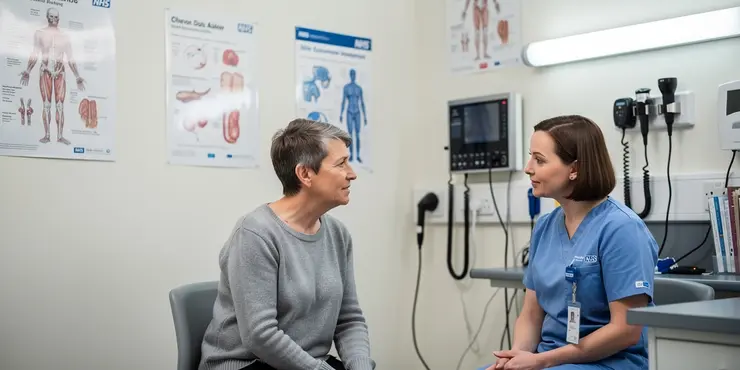
Find Help
More Items From Ergsy search
-
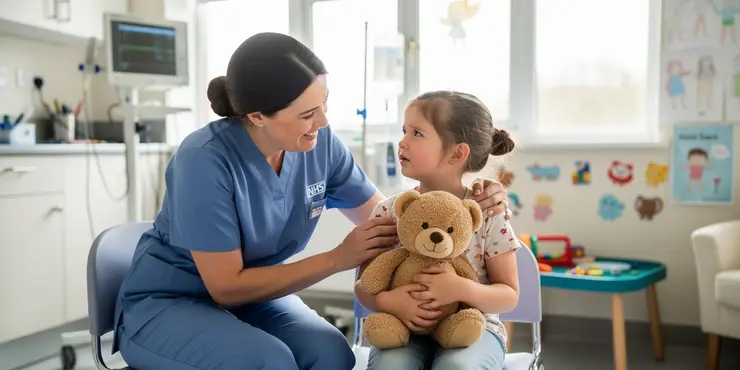
Is there a vaccine for norovirus?
Relevance: 100%
-

How common is norovirus in the UK?
Relevance: 96%
-
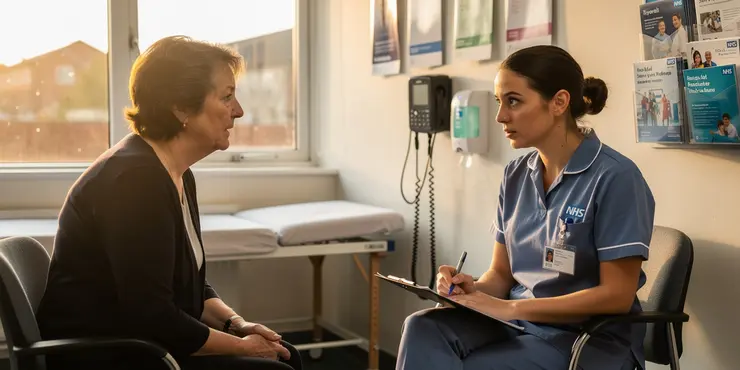
What are the symptoms of norovirus?
Relevance: 95%
-
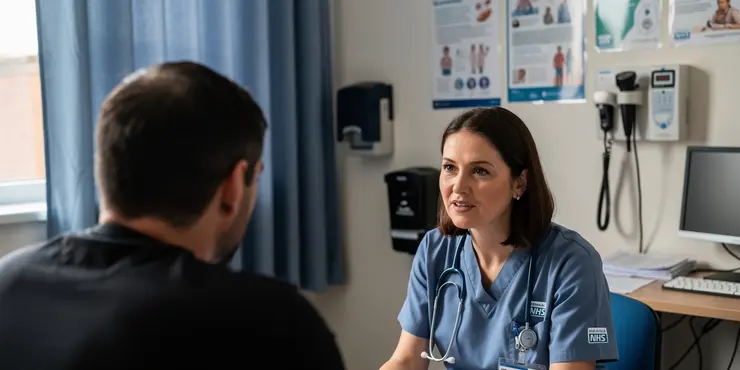
How is norovirus spread?
Relevance: 94%
-
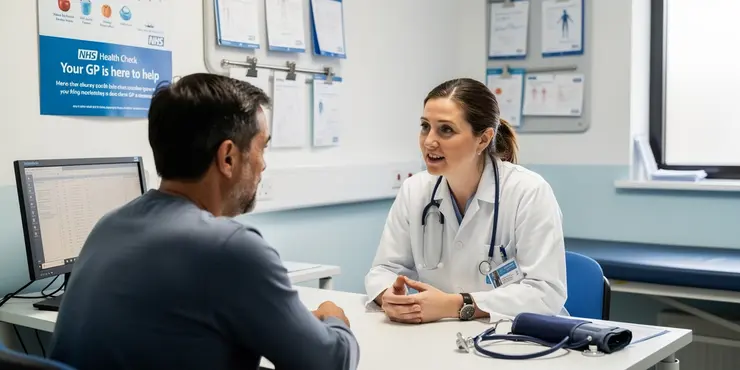
Can antibiotics treat norovirus?
Relevance: 93%
-
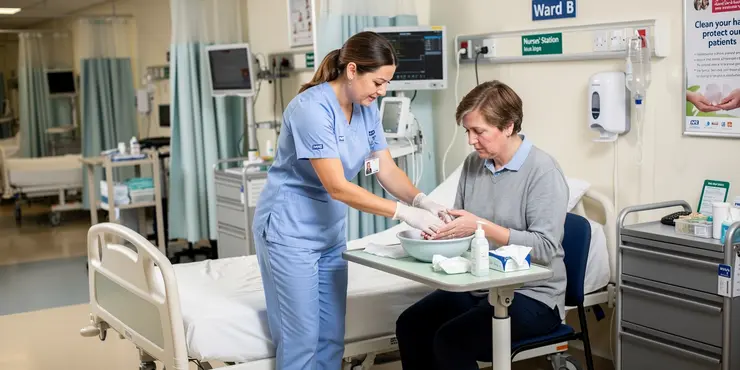
Is norovirus more common in winter?
Relevance: 91%
-
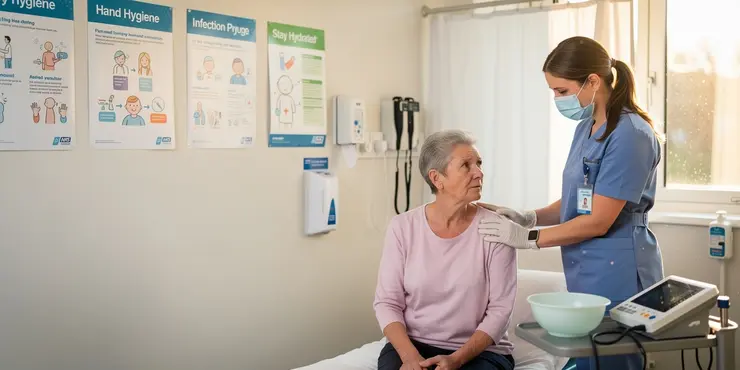
What should I do if I have norovirus?
Relevance: 90%
-
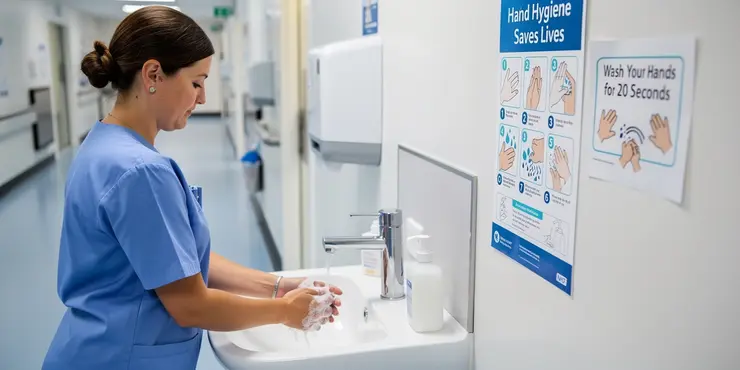
How can I prevent norovirus infection?
Relevance: 89%
-
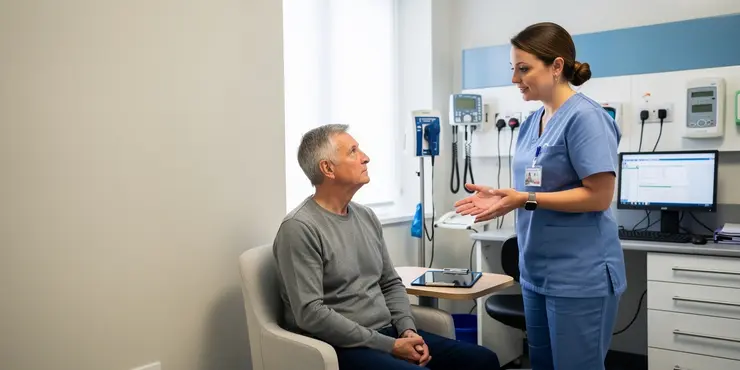
How long do norovirus symptoms last?
Relevance: 87%
-
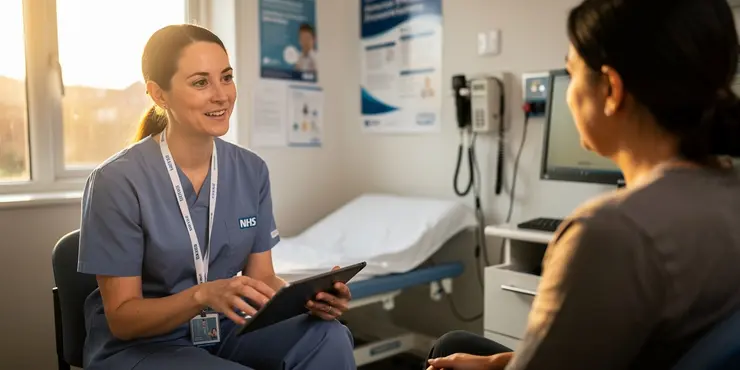
What is norovirus? (Diarrhoea and vomiting bug) | NHS
Relevance: 87%
-
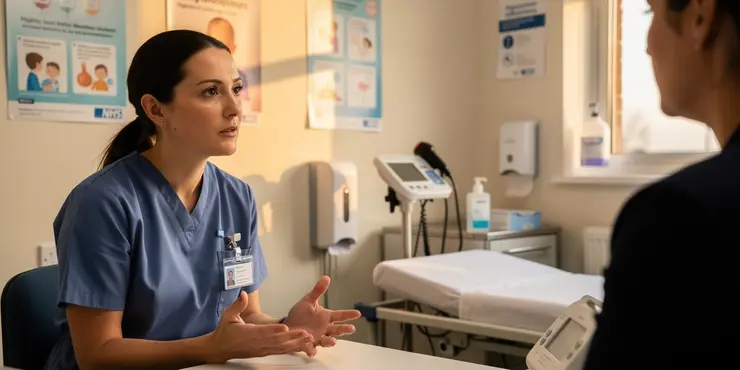
Can I get norovirus more than once?
Relevance: 86%
-
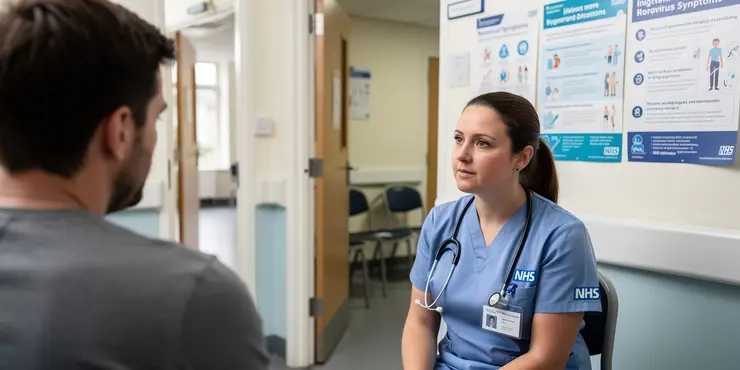
What is norovirus? (Diarrhoea and vomiting bug) | NHS
Relevance: 84%
-
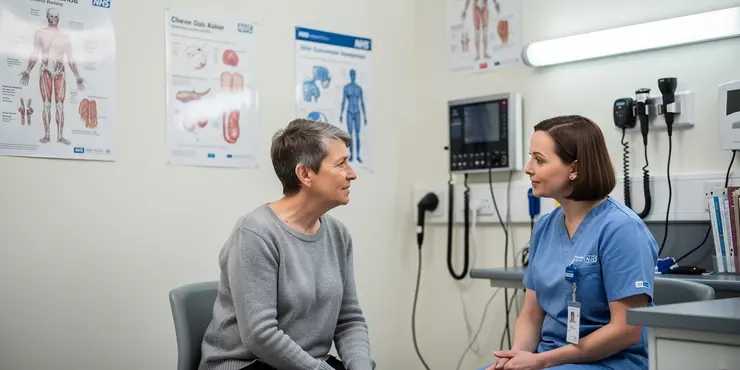
Where can I find more information about norovirus?
Relevance: 84%
-
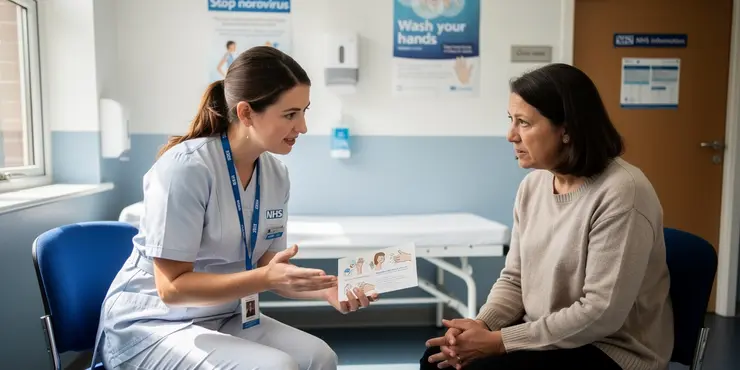
Can I go to work or school if I have norovirus?
Relevance: 84%
-
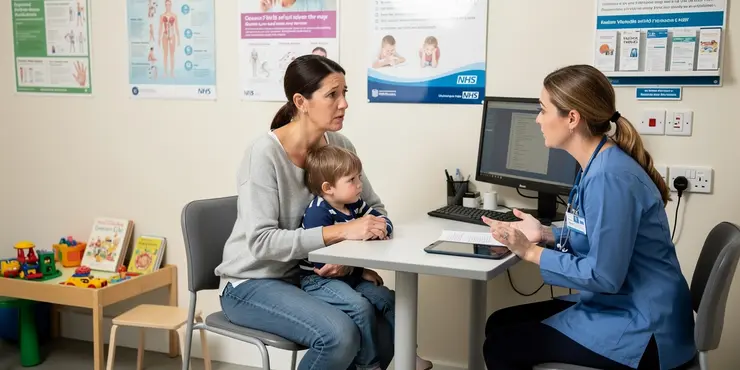
When should I seek medical advice for norovirus?
Relevance: 80%
-
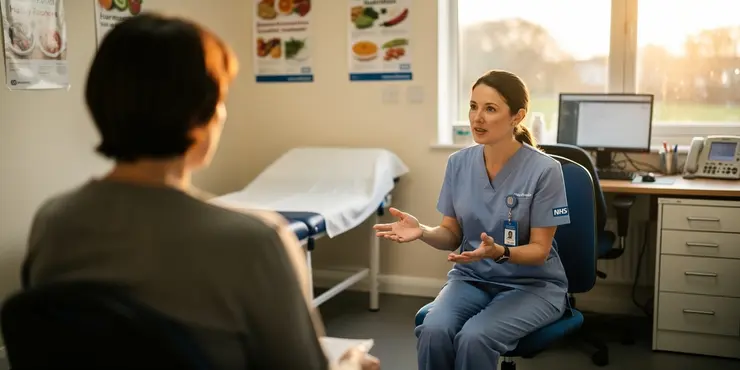
What should I eat or drink if I have norovirus?
Relevance: 71%
-
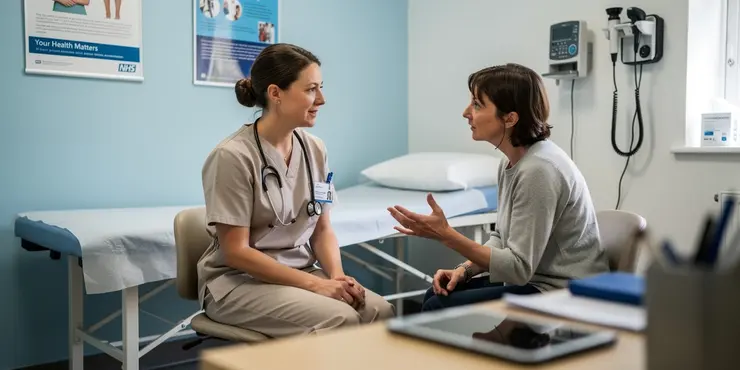
How is norovirus diagnosed?
Relevance: 43%
-

Is sewage a problem on UK beaches?
Relevance: 14%
-

How long does it take for symptoms to appear?
Relevance: 13%
-
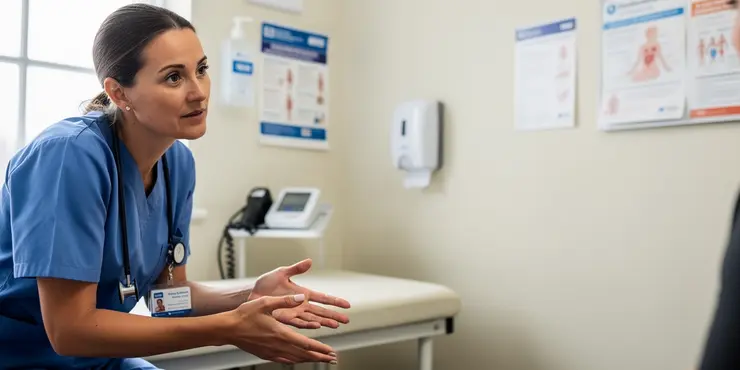
Advice for diarrhoea and vomiting
Relevance: 7%
-
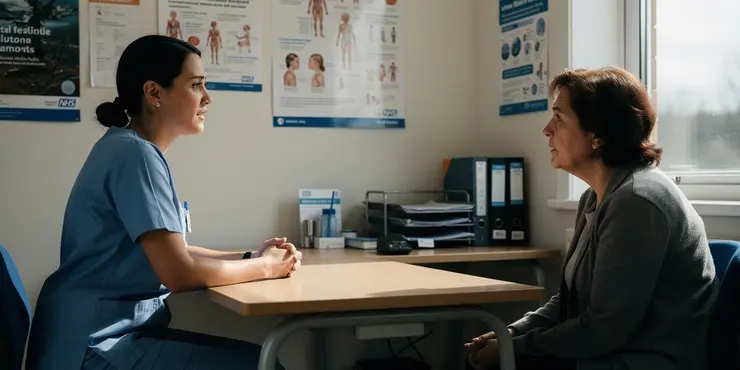
How does sewage pollution affect public health?
Relevance: 6%
-
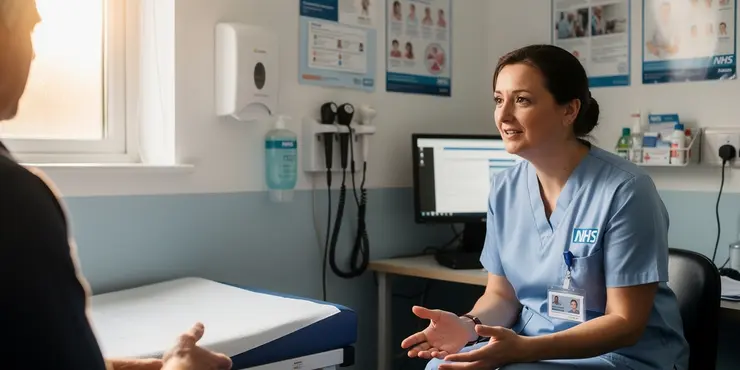
Which UK areas are most affected by sewage pollution?
Relevance: 6%
-

My child has vomiting and diarrhoea - what do I do?
Relevance: 6%
NHS Website
The National Health Service (NHS) is a reliable source for comprehensive information about norovirus in the UK. You can visit the NHS website to understand symptoms, prevention methods, and treatments associated with norovirus. The NHS provides easy-to-understand information and practical advice for dealing with this common stomach bug.
Public Health England
Public Health England (PHE) provides valuable information on norovirus outbreaks, guidelines for management, and prevention strategies. As an executive agency of the Department of Health and Social Care, PHE monitors public health issues across the UK and offers guidance for both individuals and healthcare professionals.
Gov.uk Website
For official government advice and updates regarding norovirus, the Gov.uk website is a crucial resource. It provides governmental policies, response strategies during outbreaks, and official statements related to health concerns. This site will help you stay informed about any national alerts or measures being taken to control the spread of norovirus.
Health Protection Scotland
If you are located in Scotland, Health Protection Scotland (HPS) is a vital resource for information on norovirus. HPS offers insights into local outbreak monitoring and prevention advice tailored to the Scottish population. Their website features up-to-date reports and data on the prevalence of norovirus.
British Medical Journal
The British Medical Journal (BMJ) is an authoritative source for more detailed and scientific information about norovirus. It includes articles, research studies, and reviews by healthcare professionals and researchers. Accessing the BMJ can provide you with a deeper understanding of norovirus epidemiology and emerging treatment research.
Local GP Clinics
For personalized advice and support, consider contacting your local GP clinic. Local healthcare providers can offer guidance based on your specific symptoms and medical history. They can also give advice on preventing the spread of infection to family and friends while providing reassurance and support during recovery.
Online Forums and Health Communities
Online forums and health communities, such as those found on platforms like Mumsnet or HealthUnlocked, can be valuable for sharing experiences and advice related to norovirus. While user experiences can be helpful, always cross-check information with reliable sources like the NHS or your GP to ensure accuracy.
World Health Organization (WHO)
Although focused internationally, the World Health Organization (WHO) offers guidance on norovirus prevention and control that can be relevant for the UK. Their website provides fact sheets and updates on global patterns and responses to norovirus.
NHS Website
The National Health Service (NHS) is a trustworthy place to find information about norovirus in the UK. You can look at the NHS website to learn about symptoms, how to stop it from spreading, and how to treat it. The NHS gives simple information and advice for dealing with norovirus.
Public Health England
Public Health England (PHE) gives important information about norovirus. They tell us about outbreaks and how to manage and stop them. PHE works to keep people in the UK healthy and gives advice for everyone, including doctors and nurses.
Gov.uk Website
The Gov.uk website gives official advice about norovirus from the government. It tells us what the government is doing during outbreaks and gives health updates. This website helps you know what's happening in the country and how they are trying to control norovirus.
Health Protection Scotland
If you live in Scotland, Health Protection Scotland (HPS) is a good place for local information on norovirus. HPS tells us about outbreaks in Scotland and gives advice just for Scottish people. Their website has the latest reports about norovirus in Scotland.
British Medical Journal
The British Medical Journal (BMJ) is for more detailed and scientific information about norovirus. It includes articles and studies from doctors and scientists. The BMJ can help you understand more about how norovirus spreads and new treatments.
Local GP Clinics
If you need personal advice, talk to your local GP clinic. Doctors there can help with your symptoms and medical history. They can also give advice on how to stop spreading norovirus to others and help you feel better as you recover.
Online Forums and Health Communities
Online forums and health communities like Mumsnet or HealthUnlocked are good for sharing norovirus experiences and advice. But make sure you check all information with reliable sources like the NHS or your GP.
World Health Organization (WHO)
The World Health Organization (WHO) gives advice on how to prevent and control norovirus globally. Their website has fact sheets and updates about norovirus worldwide. This can be useful for understanding norovirus better.
Frequently Asked Questions
What is norovirus?
Norovirus is a highly contagious virus that causes gastroenteritis, leading to symptoms like vomiting, diarrhea, and stomach cramps.
How is norovirus transmitted?
Norovirus is spread through consuming contaminated food or water, touching contaminated surfaces, and having direct contact with an infected person.
Where can I find reliable information about norovirus?
You can find reliable information on norovirus from health websites such as the CDC, WHO, and NHS.
What are common symptoms of norovirus infection?
Symptoms include nausea, vomiting, diarrhea, and stomach pain. Some may also experience fever, headache, and body aches.
How long do norovirus symptoms last?
Symptoms typically last 1 to 3 days, but norovirus can still be contagious even after symptoms stop.
Can norovirus be prevented?
Yes, you can reduce risk by practicing good hygiene, such as frequent hand washing, properly washing fruits and vegetables, and cleaning surfaces.
Is there a treatment for norovirus?
There's no specific treatment for norovirus. It is important to stay hydrated and rest while symptoms persist.
Can norovirus be spread through the air?
Norovirus is not airborne, but particles may become aerosolized during an episode of vomiting.
Why is norovirus often linked to outbreaks on cruise ships?
Cruise ships are closed environments with shared dining areas, which can facilitate the spread of norovirus when hygiene practices are not followed.
Who is most at risk for severe norovirus illness?
Infants, older adults, and people with weakened immune systems are more susceptible to severe symptoms.
Can cooking kill norovirus on food?
Yes, cooking food to a high temperature can kill norovirus, but it can still be spread if the food is handled improperly afterward.
How can I tell if my symptoms are due to norovirus?
If you have sudden onset of gastrointestinal symptoms, especially with vomiting and diarrhea, it could be norovirus. It's best to consult with a healthcare provider.
What are the long-term effects of a norovirus infection?
Most people recover without any long-term effects, but dehydration can occur if fluids are not replaced.
Can norovirus cause infections outside of the gut?
Norovirus primarily affects the gastrointestinal tract and doesn't typically cause infections elsewhere.
How can norovirus outbreaks be controlled?
Outbreaks are controlled by isolating infected individuals, practicing good hygiene, and thoroughly cleaning contaminated surfaces.
How quickly do norovirus symptoms appear after exposure?
Symptoms usually appear 12 to 48 hours after exposure to the virus.
Is there a vaccine for norovirus?
Currently, there is no vaccine available to prevent norovirus infection.
Can pets get norovirus?
Norovirus primarily infects humans and is not known to infect pets.
Are there different strains of norovirus?
Yes, there are multiple strains, which makes it possible to get infected more than once.
Why is it important to report norovirus outbreaks?
Reporting helps public health officials track and manage outbreaks, preventing further spread.
What is norovirus?
Norovirus is a kind of germ (or virus) that can make you feel sick. It can give you a bad tummy ache, make you throw up, or give you diarrhea.
Some people call it the "vomiting bug." It spreads easily from one person to another.
Wash your hands often to stay safe.
Sometimes pictures or videos can help you understand more about germs and staying healthy.
Norovirus is a very catchy germ that makes your tummy and guts feel sick. It can make you throw up, have a runny tummy, and have tummy aches.
How does norovirus spread?
Norovirus can make people sick. It spreads easily. Here is how:
- Touching: You can get it by touching things or people who have the virus.
- Food and Drink: Eating or drinking something that has the virus can also spread it.
- Dirty Hands: Not washing your hands after using the toilet can spread the virus.
Here are some tips to stay safe:
- Wash Hands: Wash your hands with soap and water often. This helps a lot.
- Clean Surfaces: Use disinfectant on things people touch, like door handles.
- Stay Clean: Cook food well and keep things clean.
Norovirus can make you sick. You can catch it by eating bad food, drinking dirty water, touching dirty things, or being close to someone who is sick.
Where can I get good information about norovirus?
You can find good and true information about norovirus on health websites like the CDC, WHO, and NHS.
What happens when you catch norovirus?
When someone has norovirus, they might feel sick. Here are some things they might feel:
- Stomach hurts a lot
- Feel like throwing up or actually throw up
- Need to go to the bathroom a lot (runny poo)
- Feel very tired and weak
- Have a headache or body aches
- Not feel hungry
- A little fever (feel hot)
If you or someone you know feels like this, tell a grown-up or see a doctor. Drinking water and resting can help. Coloring or watching a favorite TV show might be nice and relaxing.
Signs you might be sick include feeling like you need to throw up, actually throwing up, having runny poo, and having a sore belly. Some people might also get a high temperature, a sore head, and a sore body.
How long do norovirus symptoms last?
Norovirus is a bug that can make you feel sick. Symptoms are signs that you have the bug. These symptoms can last for 1 to 3 days. This means you might feel better in 1 day, or it could take up to 3 days.
Here are some tips to help you get better:
- Rest a lot. Your body needs to recover.
- Drink plenty of water. This helps you stay hydrated.
- Eat simple foods like toast or rice. These are easy on your tummy.
If you still feel sick after 3 days, it's a good idea to talk to a doctor.
Most people feel sick for 1 to 3 days. But, you can still give others the virus even when you feel better.
Can you stop norovirus?
Yes, you can do things to help stop norovirus:
- Wash your hands often with soap and water.
- Keep things clean around you, like counters and tables.
- Try not to touch your face with dirty hands.
- If someone is sick, keep some distance from them if you can.
These steps can help you stay safe from norovirus.
Yes, you can stay safe by doing some simple things. Wash your hands a lot. Wash fruits and vegetables before you eat them. Also, clean tables and other things you touch.
Can you get better from norovirus?
There is no special medicine for the norovirus. Make sure to drink lots of water and get lots of rest while you feel sick.
Can norovirus spread through the air?
Norovirus is a germ that makes people sick with vomiting and diarrhea.
Some scientists say it could spread a little through the air when people who are sick throw up. The germs might float in the air for a short time.
But, norovirus mostly spreads by touching things or people that have the germs on them.
Here are some tips to stay safe:
- Wash your hands well with soap and water.
- Clean things that might have the germs on them.
- Avoid touching your face with dirty hands.
If you want to learn more or need help, ask a grown-up or look at easy health websites.
Norovirus does not float in the air. But tiny bits can spread in the air when someone throws up.
Why do people often get sick with norovirus on cruise ships?
Cruise ships are big boats where people stay and eat together. If people don't wash their hands, a germ called norovirus can spread. Norovirus can make people sick.
To stay healthy, remember to:
- Wash your hands with soap and water.
- Use hand sanitizer if you can't wash your hands.
- Be careful when touching doorknobs and railings.
- Use tissues to cover your mouth when you sneeze or cough.
Who can get very sick from norovirus?
Some people can get very sick if they catch a bug called norovirus. Here is who needs to be extra careful:
- Young kids
- Older people
- People who are already sick with other health problems
It's important for them to stay clean and wash hands often. If they feel sick, tell a grown-up or a doctor.
Babies, older people, and anyone who gets sick easily can have stronger symptoms from being sick.
Can cooking make food safe from norovirus?
Yes, cooking food until it's very hot can kill the norovirus. But if someone touches the food the wrong way after cooking, the virus can still spread.
How do I know if I have norovirus?
If you suddenly start to feel sick in your tummy, especially if you are throwing up or have runny poo, it might be a bug called norovirus. It's a good idea to talk to a doctor or nurse.
What happens after you have norovirus for a long time?
Most people get better without problems, but you can get dry if you do not drink enough water.
Can norovirus make you sick in other parts of the body?
Norovirus mainly makes your stomach and intestines feel bad. It usually doesn't make other parts of your body sick.
How can we stop norovirus from spreading?
To stop a sickness from spreading, keep sick people away from others. Wash your hands often and clean places where germs can be.
How fast do norovirus symptoms show up after you catch it?
Signs of feeling sick show up 12 to 48 hours after being near the virus.
Is there a shot to stop norovirus?
No, there isn't a shot to stop norovirus yet. Scientists are working hard to make one.
Norovirus is a bug that makes your tummy feel bad. You can catch it from other people. If you wash your hands often and keep things clean, it helps you stay healthy.
If you need help reading, you can ask someone to read to you. You can also use a reading app to listen to the words. Talking about what you read with a grown-up can help you understand better.
Right now, there is no shot or medicine to stop people from getting sick with norovirus.
Can pets get sick with norovirus?
Norovirus makes people sick. It does not make pets sick.
Are there different types of norovirus?
Yes, there are different types of norovirus. Norovirus is a germ that can make you feel very sick.
Norovirus can change and become new types. This means you can catch it more than once.
It's important to wash hands with soap and water to stay safe.
You can use videos or picture guides to learn more about norovirus.
Yes, there are different kinds of germs. This means you can get sick more than once.
Why should we tell someone about norovirus outbreaks?
Norovirus makes people very sick with stomach problems.
We need to tell others when people get sick so we can stop it from spreading.
Telling doctors and helpers quickly can keep more people safe.
A tool that helps: Use pictures or videos to understand what norovirus is.
Telling health workers about sickness helps them know how to stop it from spreading.
Useful Links
This website offers general information and is not a substitute for professional advice.
Always seek guidance from qualified professionals.
If you have any medical concerns or need urgent help, contact a healthcare professional or emergency services immediately.
Some of this content was generated with AI assistance. We’ve done our best to keep it accurate, helpful, and human-friendly.
- Ergsy carfully checks the information in the videos we provide here.
- Videos shown by Youtube after a video has completed, have NOT been reviewed by ERGSY.
- To view, click the arrow in centre of video.
- Most of the videos you find here will have subtitles and/or closed captions available.
- You may need to turn these on, and choose your preferred language.
- Go to the video you'd like to watch.
- If closed captions (CC) are available, settings will be visible on the bottom right of the video player.
- To turn on Captions, click settings .
- To turn off Captions, click settings again.
More Items From Ergsy search
-

Is there a vaccine for norovirus?
Relevance: 100%
-

How common is norovirus in the UK?
Relevance: 96%
-

What are the symptoms of norovirus?
Relevance: 95%
-

How is norovirus spread?
Relevance: 94%
-

Can antibiotics treat norovirus?
Relevance: 93%
-

Is norovirus more common in winter?
Relevance: 91%
-

What should I do if I have norovirus?
Relevance: 90%
-

How can I prevent norovirus infection?
Relevance: 89%
-

How long do norovirus symptoms last?
Relevance: 87%
-

What is norovirus? (Diarrhoea and vomiting bug) | NHS
Relevance: 87%
-

Can I get norovirus more than once?
Relevance: 86%
-

What is norovirus? (Diarrhoea and vomiting bug) | NHS
Relevance: 84%
-

Where can I find more information about norovirus?
Relevance: 84%
-

Can I go to work or school if I have norovirus?
Relevance: 84%
-

When should I seek medical advice for norovirus?
Relevance: 80%
-

What should I eat or drink if I have norovirus?
Relevance: 71%
-

How is norovirus diagnosed?
Relevance: 43%
-

Is sewage a problem on UK beaches?
Relevance: 14%
-

How long does it take for symptoms to appear?
Relevance: 13%
-

Advice for diarrhoea and vomiting
Relevance: 7%
-

How does sewage pollution affect public health?
Relevance: 6%
-

Which UK areas are most affected by sewage pollution?
Relevance: 6%
-

My child has vomiting and diarrhoea - what do I do?
Relevance: 6%


